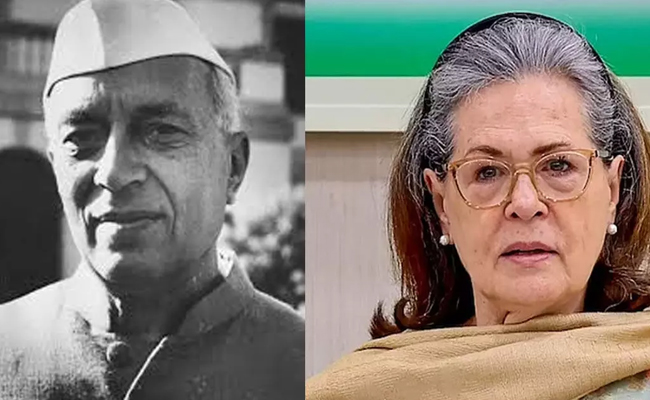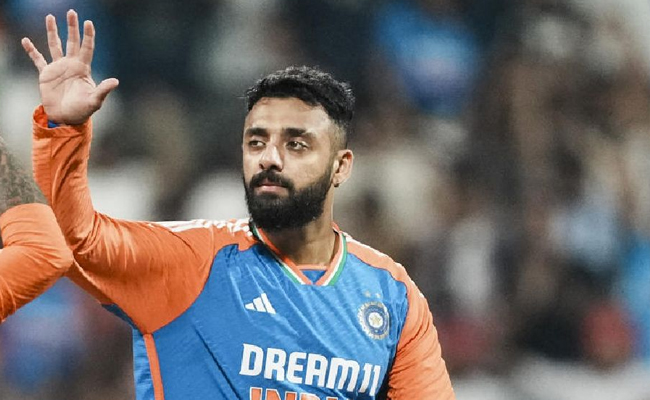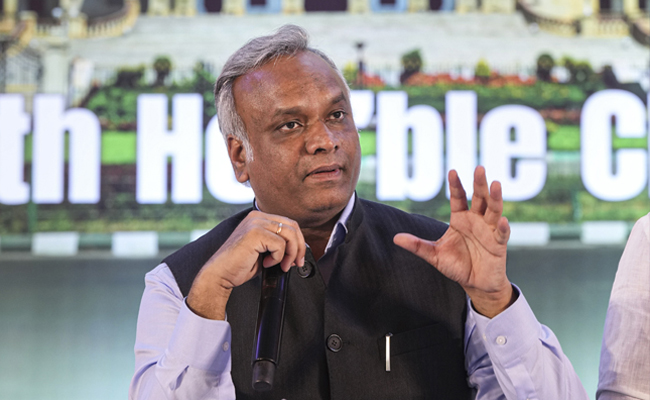Bengaluru, June 20: SSLC supplementary examinations for 2017-18 academic year would start on June 21 and continue till June 28 in 673 exam centres across the state.
The exams would be conducted in 673 exam centres including 604 general exam centres and 69 private centres. Total 274 government schools, 251 aided schools and 148 unaided schools were taken for the purpose. Among those centres, 10 centres were considered as hyper sensitive, 17 sensitive and 646 centres were considered as general centres.
Total 2,07,936 students including 1,32,556 boys would write the exams. Among them, 63,735 boys and 39,501 girls from urban areas and 68,821 boys and 35,879 girls from rural areas would write the supplementary exams.
Tight security
Each exam centre was appointed either taluk or district level officers as exam centre supervisor under the deputy commissioner’s leadership. In the DDPI level, education officers and deputy project coordinators would lead the vigilance committees. In the same way, in the BEOs level, education officers and BRCs would lead the committees. For each exam centre, one resident vigilance squad was appointed.
Evaluation
As the exams would close on June 28, model answer scripts would be uploaded in the website and invite objections giving three days time. Total 54 subjects-wise evaluation centres were identified in Bengaluru North and South, Mandya, Chikmagalur, Davangere, Dharwad, Belagavi, Kalaburgi and Ballary and the evaluation would be held from July 8 to 12.
Subjects
June 21: Mathematics (core subject) and Social Science, June 22: Kannada, Telugu, Hindi, Marathi, Tamil, Urdu, English, Sanskrit (first language), June 23: Elements of Mechanical and Electrical Engineering-2, Engineering of Electronics Engineering, Elements of Computer Science (Core subject applied to JTS candidates), Economics, June 25: Science (core subject), political science, Carnatic Music or Hindustani Music, June 26: Second language English, Kannada, June 27: Social Science (core subject), June 28: Third language Hindi, Kannada, English, Arabic, Persian, Urdu, Sanskrit, Konkani and Tulu.
Let the Truth be known. If you read VB and like VB, please be a VB Supporter and Help us deliver the Truth to one and all.
Kozhikode (Kerala) (PTI): A Kerala court on Wednesday sentenced a man to 41 years in prison for sexually assaulting a minor boy near Valayam in 2021.
Nadapuram Fast Track Special Court judge K Naushad Ali sentenced 64-year-old Panchara Musa, also known as Ganapathiyat Musa, under various provisions of the Protection of Children from Sexual Offences (POCSO) Act and the Indian Penal Code (IPC), according to special public prosecutor Manoj Aroor.
As the sentences are to run concurrently, the convict will have to serve the highest term of 20 years’ imprisonment, SPP Aroor said. The court also imposed a fine of Rs 52,000 on Musa.
The incident took place in August 2021 when the accused allegedly took the 14-year-old boy to a bus stop in Valayam town and sexually assaulted him, the prosecutor said. The accused also gave Rs 50 to the boy, he added.
Following the incident, the boy and his father lodged a complaint at the Valayam police station.
A case under various provisions of the POCSO Act and the IPC was registered, and the accused was subsequently arrested, the SPP said.
The prosecution examined 16 witnesses and submitted 16 documents to substantiate its case against the accused, he added.





